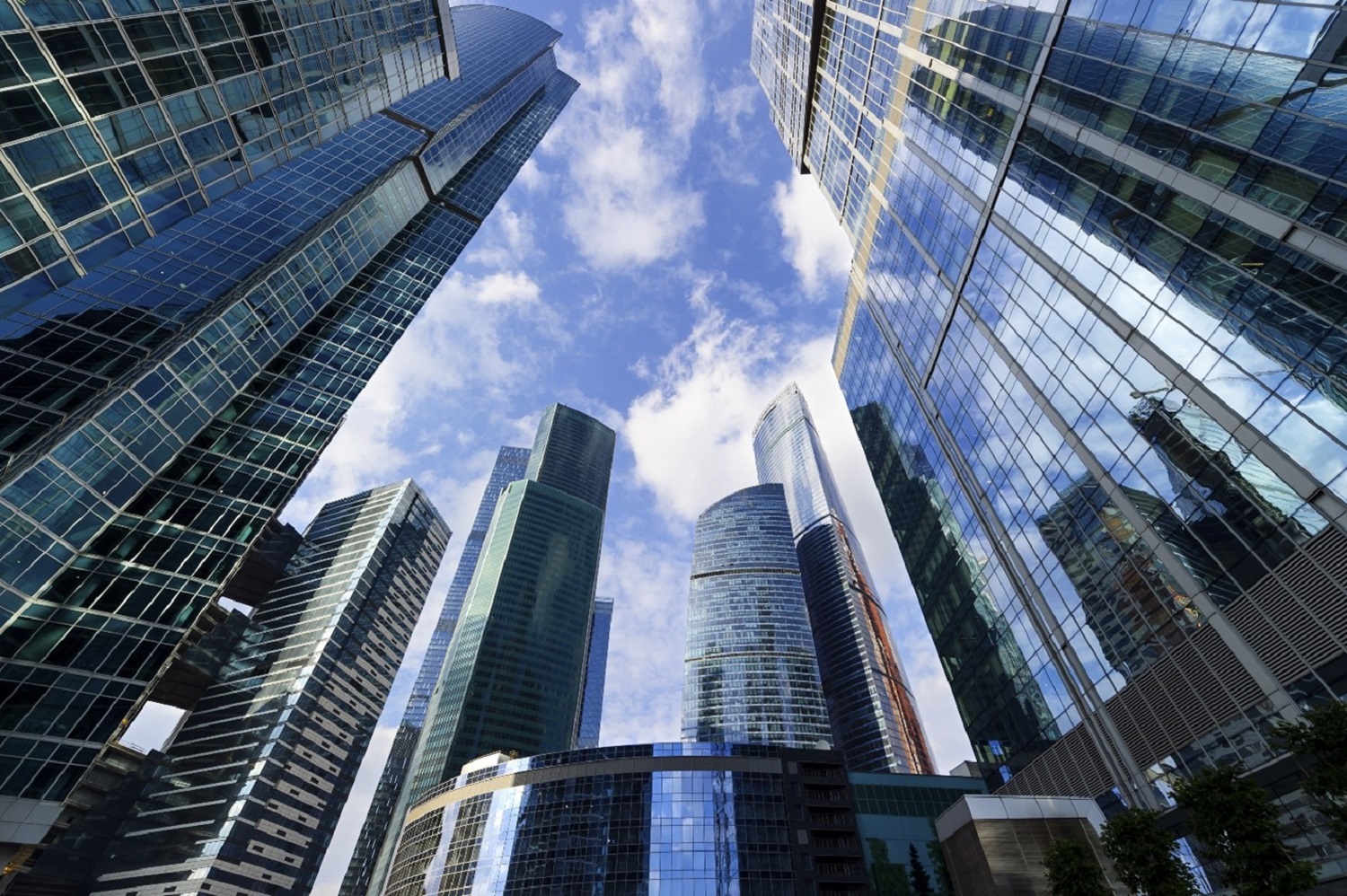Challenges, Opportunities and the Greater Influence of the Property and Facility Services Industry
GJK is the Platinum Facility Services Sponsor of CoreNet Global – Australia Chapter, the world’s leading professional association for Corporate Real Estate (CRE) executives. We spoke to Chapter Chair and Enterprise Account Executive, Space IQ, Angela Barwick, about our industry as we navigate the new pandemic and post-pandemic world.

The focus for our industry now isn’t so much our COVID response processes but developing a longer-term strategy in very uncharted territory.
COVID-19 undoubtedly disrupted every industry and challenged all businesses to adapt. In 2020, the property and facility services industry faced unprecedented challenges, requiring flexibility and safety-focus in the short-term. Today CRE and facility professionals are required to respond to the still fluctuating COVID world, and anticipate future industry needs as workplaces and our relationship to them, are permanently changed. One thing is for certain however, with disruption comes opportunity for the tenacious, and we see the pandemic elevate the influence of our industry.
Q: What short-term and long-term challenges came about for the industry as a result of the pandemic?
In the FM and property industry, the world was turned upside down last year. During 2020, there were many safety and operational challenges. For the most part, many organisations responded well to these. While initially this was a big task, I believe 18 months on, we largely have met and adapted our work methods to meet operational and safety challenges, thanks to early learnings which were openly shared in the industry.
The focus for our industry now isn’t so much our COVID response processes but developing a longer-term strategy in very uncharted territory. Many organisations are right now focusing on site activation and revitalising the office to attract workers to return in person as much as possible.
Longer term challenges are more complex because there are still a lot of unknowns. We appear to be becoming experts and re-opening and closing our workplaces and managing all the associated activities that come with that. But we appear to be still in an observation / experimental phase where we are piloting and trialing initiatives in smaller sites before making big sweeping changes to our operations.
I think over the next few years site rationalisation will have an impact on leasing strategies, we will see many re-evaluations of design and the built environment to support a blended workforce.
Q:. What opportunities has the pandemic presented and what must FM and facility service providers do to take advantage of these opportunities?
I am really excited by the opportunities present for our industry at the moment. Many people I talk to these days say that the pandemic response have elevated the standing of CRE within their organisation. We have been given a front seat to the table as they say, and that presents fantastic opportunities for our ideas and innovations to be heard and supported.
Q: If the pandemic has taught the property & FM industry one thing, what would it be?
I think there have been two key learnings for CRE professionals in our industry.
- The first is the importance of data, and ready access to appropriate data to respond effectively following 18 months of constant and ongoing COVID disruption.
- The second is the human nature of our workplaces which has put a lot of focus on building communities, communities’ spaces and why people come to the office.
Q: Looking at the future, what are the changes and adjustments that the industry must embrace?
This is an easy one. I think we will see major adjustments in the built environment /fit-outs to support the Hybrid / blended workforce. We can’t operate new working rhythms with pre-pandemic spaces. So I think we will see an evolution of the physical space to support the new ways of working and convening in a fair and equitable manner for worker both in the office and remote.
Further I think we will see the adoption of more reservations technologies as portfolios reduce footprint and increase scheduling or Working from Home. I don’t think the office will disappear, but it will be rationalised.
Q: What is one issue the industry should urgently address in 2021/2022?
No-one was prepared for the pandemic. It took us all by surprise. But disruption happens all the time so we must ensure we have our data and systems ready to help us respond next time. The next most important thing is meeting spaces. We need to re-evaluate how we use them and what we need in them in order to meet and collaborate effectively in the future.
Chair, CoreNet Global Australia Chapter
Enterprise Account Executive, SpaceIQ
Angela has been the CoreNet Global Australian Chapter Chair since April 2021, and vice-chair for two years prior. She is the Enterprise Account Executive at SpaceIQ a global workplace management technology company. She has more than a decade of experience in corporate real estate / facilities management, including positions with Serraview and JLL.
